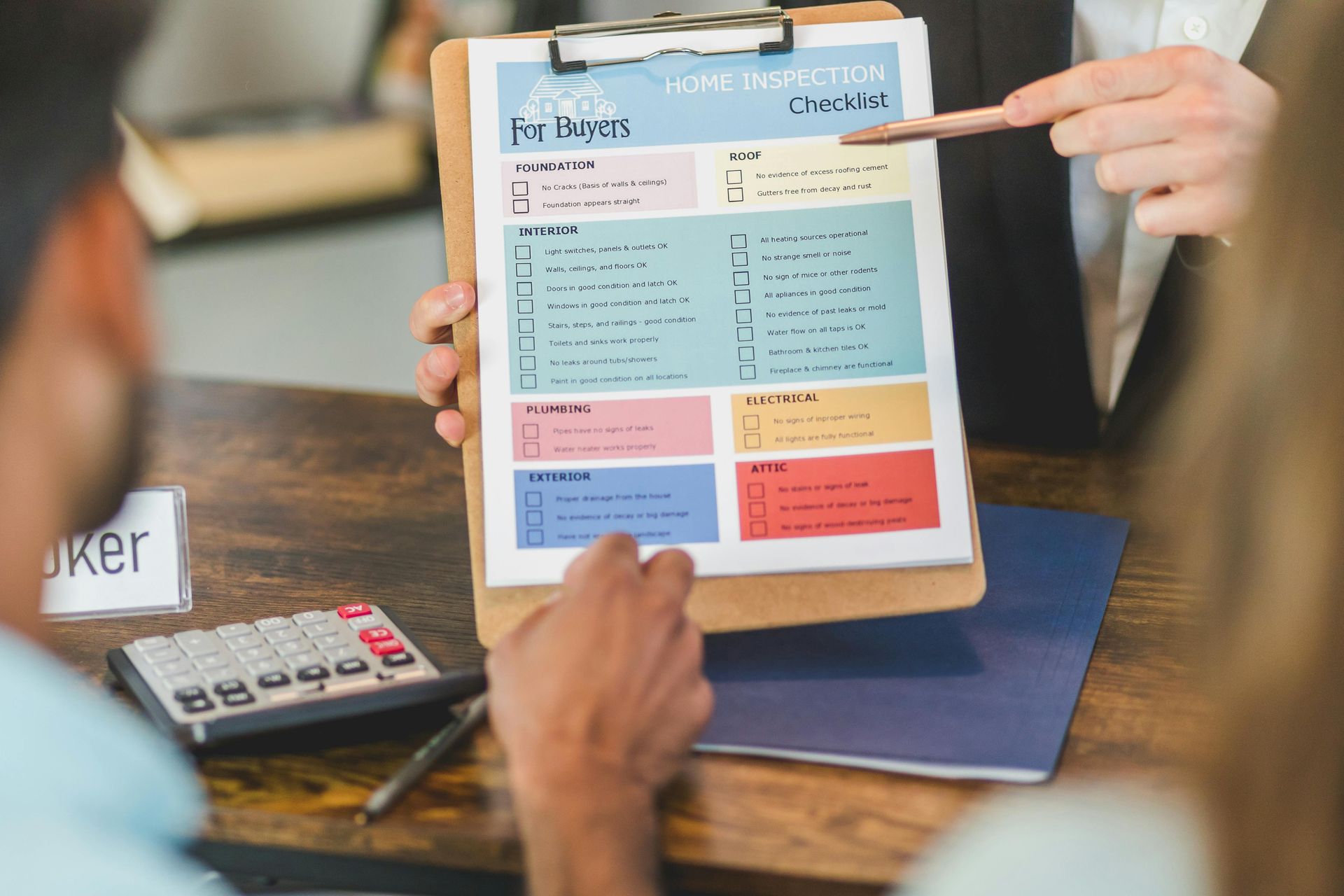10 Powerful Ways to Boost Your Credit Score Before Buying Your Dream Home
Dreaming of homeownership? Your credit score is the golden key that unlocks better mortgage rates, more favorable loan terms, and potentially saves you tens of thousands of dollars over the life of your loan. The good news is that you don’t need years to make meaningful improvements to your credit profile. With focused effort over the next 90 days, you can significantly enhance your creditworthiness and position yourself as an attractive borrower.

Whether you’re planning to buy your first home or ready to upgrade, these ten actionable strategies will help you optimize your credit reports and boost your scores before you start the mortgage application process.
1. Check Your Credit Reports for Errors
Start by obtaining free copies of your credit reports from all three major bureaus: Equifax, Experian, and TransUnion. You’re entitled to one free report annually from each bureau at AnnualCreditReport.com. Review every line carefully for inaccuracies, duplicate accounts, incorrect payment statuses, or fraudulent activity. Studies show that one in five consumers has an error on at least one credit report. Disputing and correcting these errors can provide an immediate score boost, sometimes adding 20 to 100 points depending on the severity of the mistake.
2. Pay Down Credit Card Balances Strategically
Your credit utilization ratio, which is the amount of credit you’re using compared to your available credit limits, accounts for roughly 30% of your credit score. Aim to reduce your utilization below 30% on each card, and ideally below 10% for maximum impact. If you have $10,000 in total credit limits, keep your combined balances under $3,000, preferably under $1,000. Pay down the cards with the highest utilization first, as individual card ratios matter just as much as your overall ratio.
3. Become an Authorized User on a Seasoned Account
If you have a trusted family member or friend with excellent credit history and low utilization on a long-standing credit card, ask if they’ll add you as an authorized user. You’ll inherit the positive payment history and age of that account, which can boost your score significantly. This strategy works best when the primary cardholder has a card that’s been open for several years with perfect payment history. Just ensure they maintain good habits, as any negative activity will also affect your credit.
4. Set Up Automatic Payments for Everything
Payment history is the single most important factor in your credit score, comprising 35% of the calculation. Even one missed payment can drop your score by 50 to 100 points and remain on your report for seven years. Eliminate the risk by setting up automatic minimum payments on all credit accounts. You can always pay more manually, but the automatic payment ensures you’ll never miss a due date due to oversight or busy schedules.
5. Don’t Close Old Credit Card Accounts
It might seem logical to close credit cards you’re not using, but this can actually hurt your score in two ways. First, it reduces your total available credit, which increases your utilization ratio. Second, it can lower the average age of your accounts, another factor in credit scoring. Instead of closing old accounts, keep them open and use them occasionally for small purchases that you pay off immediately to keep them active.
6. Request Credit Limit Increases
Contact your credit card issuers and request credit limit increases on cards in good standing. Many issuers will grant increases without a hard inquiry if you’ve been a responsible customer. A higher credit limit instantly lowers your utilization ratio without requiring you to pay down balances. If you have a card with a $5,000 limit and a $2,000 balance (40% utilization), increasing the limit to $10,000 drops your utilization to 20% immediately.
7. Address Any Collections or Past-Due Accounts
Outstanding collections and severely past-due accounts are credit score killers. If you have any, prioritize bringing them current or negotiating settlements. For collections, you might negotiate a “pay for delete” agreement where the creditor removes the negative mark in exchange for payment. While not all creditors offer this, it’s worth asking. For accounts that are simply behind, bringing them current stops additional damage and starts rebuilding your payment history.
8. Limit New Credit Applications
Every time you apply for credit, it generates a hard inquiry that can temporarily lower your score by a few points. Multiple applications in a short period can signal financial distress to lenders and cause more significant drops. For the next 90 days, avoid applying for new credit cards, auto loans, or other credit products unless absolutely necessary. The exception is rate shopping for a mortgage, which is treated as a single inquiry when done within a 45-day window.
9. Diversify Your Credit Mix Carefully
Credit scoring models look favorably on consumers who can successfully manage different types of credit, including revolving accounts (credit cards) and installment loans (auto loans, personal loans). If your credit file is thin or consists only of credit cards, consider adding an installment loan through a credit-builder loan from a credit union or online lender. These loans are designed specifically to help build credit and typically involve borrowing a small amount that’s held in a savings account while you make payments.
10. Pay Twice Per Month Instead of Once
Here’s a lesser-known strategy: making two smaller credit card payments per month instead of one large payment at the due date. Credit card issuers typically report your balance to credit bureaus once per month, often on your statement closing date. By making a payment before the statement closes and another after, you ensure the reported balance is lower, which improves your utilization ratio even if you’re paying the same total amount each month.
Your 90-Day Credit Transformation Starts Today
Improving your credit score isn’t about quick fixes or gimmicks; it’s about developing responsible financial habits that lenders want to see. By implementing these ten strategies starting today, you’ll be well-positioned to qualify for a mortgage with favorable terms in just three months. Remember that consistency is key. Small, positive actions compound over time to create significant improvements in your credit profile.
Before you start house hunting, take these 90 days to strengthen your financial foundation. Your future self, enjoying better mortgage rates and lower monthly payments in your dream home, will thank you for the effort you put in today. Ready to take the next step? Contact us to discuss how your improved credit score can help you achieve your homeownership goals.
Start Your Mortgage Application with Treasure Coast Home Loans
Your Local Mortgage Broker
Mortgage Broker Port St. Lucie, Florida
Learn More About the Mortgage Process.
Check Out Our Google Verified Reviews










